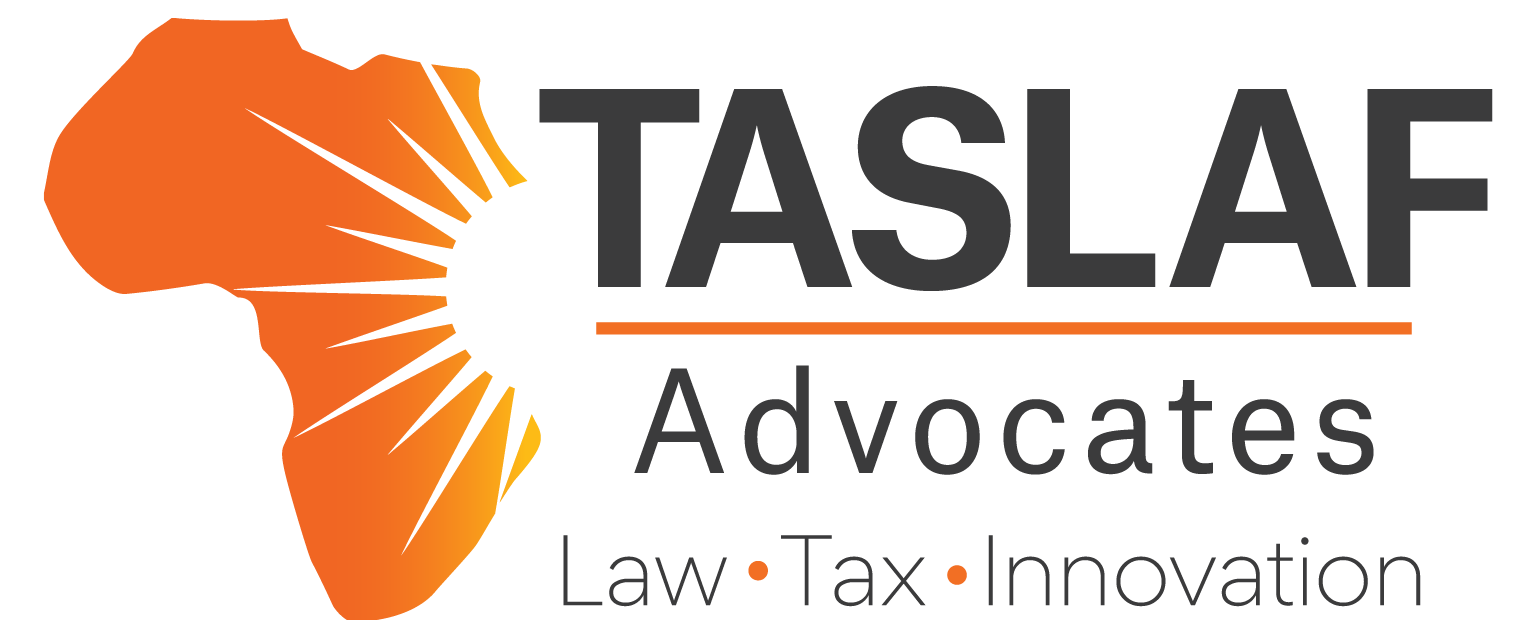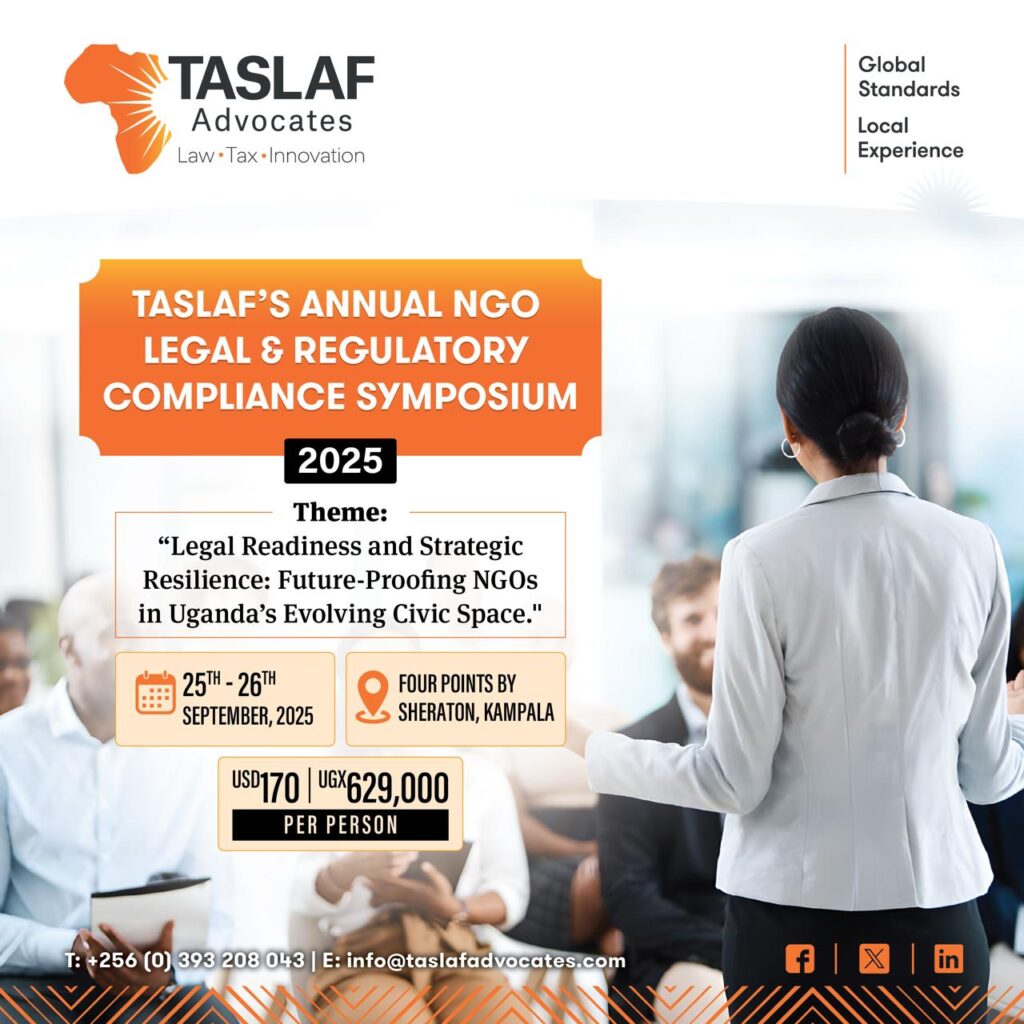Executive Summary/Background
Over the last half century, the global community has been gravely concerned with the adverse effects of human activities on the Earth’s climate caused by a substantial increase in the atmospheric concentrations of greenhouse gases like carbon dioxide and other pollutants.
These concerns have grown further with a greater understanding of the intrinsic relationship that climate change has on access to equitable, sustainable development, poverty eradication, and food security.
The need for an effective response to this urgent threat led to a number of collaborative global efforts including the Rio Agreements (1992), the Paris Agreement (2015), and the Tokyo Protocol (2017), in which many nations , including Uganda, committed to implementing responses that positively impacts the global climate, with specific greenhouse gas reduction targets.
These efforts have seen the introduction of Carbon Financing that creates economic incentives for Carbon Reduction Projects by providing financial rewards for reducing greenhouse gas emissions through enabling businesses, governments, and organizations to invest in sustainable initiatives while benefiting from market-driven mechanisms.
Carbon Reduction Projects quantify their impact by measuring the tons of carbon dioxide emission the project has prevented or reversed, for which, upon verification by third parties, a carbon credit certificate is used. This certificate is a tradable commodity used as a mechanism for funding climate-positive projects by enabling polluting entities to offset the environmental harm of their operations by purchasing certificates on platforms like Carbon Trading Market.
For a long time, Uganda’s carbon market has largely been unregulated and influenced by international standards and actors. This lack of regulation exposed the country to risks such as carbon profiteering (when intermediaries or polluters manipulate carbon markets for their benefit without meaningful climate action), vague benefit-sharing models, and unclear ownership of carbon rights (identifying the party or nation to whom the carbon reduction impact should be attributed). The need for a legal framework to regulate and incentivize climate-related initiatives has been recognized.
In response, the Climate Change Act, 2021, was enacted to establish the foundation for national climate governance and regulate carbon trading in Uganda. Building on this, the government has introduced the National Climate Change (Climate Change Mechanisms) Regulations, 2025, to provide a comprehensive framework for project approvals, emissions monitoring, verifier registration, and carbon credit transfers.
This reflects Uganda’s commitment to its global contributions to carbon emission reduction and prevention targets within its territory by enabling the State to track progress toward the same.
These regulations primarily impact stakeholders involved in carbon reduction projects such as forestry, renewable energy (including solar and hydropower), waste management, clean cooking solutions such as LPG, biogas, and improved cookstoves, water filtration and purification technologies, and agricultural initiatives.
This article sheds light on the implications of these regulations for stakeholders operating within this sector.
Carbon Trading and Uganda’s Changing Regulatory Landscape.
- Carbon trading has become an increasingly attractive financing avenue for climate-related projects, particularly those focused on reducing or avoiding greenhouse gas emissions. Activities such as reforestation, renewable energy generation (including solar, hydro, and wind), biogas production, clean cooking solutions, methane capture projects, agricultural projects, waste-to-energy projects, and water purification technologies can all generate quantifiable carbon emission reductions or prevention for which a carbon credit certificate may be issued.
- A carbon credit represents one metric ton of carbon dioxide (CO₂) that is either removed from the atmosphere or prevented from being emitted. Once verified, these credits are issued as tradable certificates. Entities, particularly in developed economies, purchase these certificates to offset their emissions and demonstrate climate accountability.
- The government, through the newly issued National Climate Change (Climate Change Mechanisms) Regulations, 2025, has now established a legal framework providing requirements for one to be able to engage in carbon trade in Uganda.
- It is important to note that carbon credit transactions are primarily anchored in international markets such as the European Union, China, and voluntary markets across the globe including: The European Union Emissions Trading System (EU ETS), the Chinese national carbon trading scheme, the AirCarbon Exchange (ACX) in Abu Dhabi and the Regional Voluntary Carbon Market Company (RVCMC) in Saudi Arabia,
What the New Carbon Regulations Mean for You.
Overview
- The Climate Change Mechanisms Regulations, 2025, are Uganda’s new rules for managing activities that reduce carbon emissions. These rules cover how projects are approved, how emissions are measured, who can verify projects, and how carbon credits can be sold or transferred.
- The regulation aims to oversee entities, both organizations and individuals, participating in carbon reduction initiatives, as well as those involved in measuring and verifying the carbon credits generated.
- Definitions.
- Any change in climate that is attributed directly or indirectly to human activity that adds harmful gases to the atmosphere is called climate change.
- A Climate Change Mechanism is any project designed to reduce pollution-causing gases and help promote sustainable development.
- Greenhouse gases are gases that come from both natural processes and human activities, like running factories or burning fuel.
- Emissions are the release of greenhouse gases into the air, usually as a result of human activities like transportation, industry, or deforestation.
- Project proponent means any person, company, or government body that applies to carry out a climate project that helps reduce emissions.
- Lead agency refers to the main government body responsible for coordinating climate change actions. The Ministry of Water and Environment (MWE) is the lead regulatory body, with its Climate Change Department managing the registration of projects, verifier accreditation, coordination of activities, and enforcement of compliance.
- Verified Emissions Reduction Units (Carbon Credits) are Official certificates that prove a project has successfully reduced or removed a certain amount of greenhouse gases from the atmosphere, verified by recognized standards such as The United Nations Framework Convention on Climate Change, Carbon Markets Certification Standards, Gold Standard, Verified Carbon Standard, REDD+ Environmental Excellence Standard and the Plan Vivo System
- Measurement of greenhouse gas emissions.
- Individuals or organizations planning to carry out climate change projects such as tree planting, reforestation, forest conservation, clean energy installations (solar, wind, hydro), improved cooking technologies, biogas production, water purification systems, waste-to-energy projects, sustainable farming and agroforestry practices, energy-efficient housing, electric mobility solutions, and climate-smart irrigation will have to do the following things:
- Estimate how much pollution their project will reduce or emit.
- Calculate the net reduction in pollution over the life of the project.
- Under the new law, the National Environment and Management Authority, will be responsible for measuring national emissions(pollution), following the guidelines set by the Intergovernmental Panel on Climate Change (IPCC).
- By standardizing how emissions are measured and verified, Uganda is setting a strong foundation for a trustworthy carbon market. This not only enhances transparency but also boosts investor and buyer confidence in Ugandan carbon credits.
- Registration of Verifiers.
- A verifier is a person who is officially approved by the Ministry of Water and Environment to check and confirm the results of climate projects.
- Any person who wants to verify climate project activities must register with the Ministry and demonstrate that they meet internationally recognized accreditation standards.
- Once approved, the verifier will receive official certification and will be entered into a national register. However, it is worth noting that this certificate can be revoked where a verifier violates the law, obtains the certificate through misrepresentation.
- Non-compliance with the verifier registration requirement is an offence and attracts penalties including imprisonment for up to two years, a fine not exceeding nine hundred sixty thousand Uganda Shillings, or both.
- For project developers and investors, this means a higher level of trust in the verification process and, by extension, in the authenticity of carbon credits generated. Aspiring verifiers will need to invest in certification and meet higher accountability standards to operate in Uganda’s carbon market.
- Approval of climate change projects
- A Climate Change Project is any project designed to reduce pollution-causing gases and help promote sustainable development. Before starting any climate change project in Uganda, any person conducting such projects must formally request permission from the Ministry of Water and Environment.
- The Ministry of Water and Environment reviews the request and, if satisfied, upon meeting all the requirements, may approve by issuing a Letter of No Objection.
- A Letter of No Objection is a prerequisite before formal approval is granted by the Ministry of Water and Environment. It is valid for 24 months and allows the project developer to carry out feasibility studies on the proposed climate change project during that period..
- Semiannual Monitoring Reports of a Climate Change Project
The person will then be required to provide the Ministry of Water and Environment with a Report of initiated activities every six months.
- Noncompliance in the case of an individual attracts a fine not exceeding ten million Uganda Shillings (UGX 10,000,000) or a term of imprisonment not exceeding two (2) years, or both, and in the case of an entity, to a fine not exceeding ten million Uganda Shillings (UGX 10,000,000).
- During the period of validity of the letter of no objection, an application may be made to the Ministry of Water and Environment for approval of the climate change mechanism project. The application is made by submitting a form in the prescribed form as provided under the schedule to the regulations, accompanied by a project design document, a feasibility study and a letter of recommendation from the Ministry of Water and Environment. The application is considered by the Ministry of Water and Environment within 21 working days from receipt.
- Once the Ministry of Water and Environment is satisfied with the information furnished in the application for approval of the climate change mechanism project, the Ministry of Water and Environment may grant approval of the climate change mechanism project. The approval is valid for the crediting period of the climate change mechanism and is not transferrable.
- This approval is essential because no project can move forward without it.
- Transfer of Certified Emissions Reduction Units (Carbon Credits).
- Another key feature of the new regulations is the structured process for transferring certified emissions reduction units (CERs), whether within Uganda or internationally.
- The carbon trade market is one where carbon credits are bought and sold. These credits are usually sold by people or organizations running climate-friendly projects and bought by companies or governments that need to balance out the pollution they cause.
- Individuals conducting such projects must notify the Minister of Water and Environment in writing at least 30 working days before any transfer, clearly stating:
- the nature of the transaction,
- verifying ownership and
- registration of the CERs,
- the recipient of the CERs
- intended use of the CERs.
- Any authorization granted by the Ministry of Water and Environment is only valid for the transfer for which it is sought.
- For local transfers, an individual is required to submit a report to the Minister within fourteen working days of the transfer, using Form 14 as prescribed in Schedule 2 of the Regulations.
- For international transfers, an individual must apply for authorization from the Ministry of Water and Environment in the prescribed form. The application must include proof of ownership and registration of the carbon credits, details of the transferee in terms of the person or country, the intended use of the carbon credits by the transferee, the quantity being transferred, and evidence of payment of the prescribed fee.
- The Ministry of Water and Environment is required to consider the application within thirty working days from the date of receipt. If the application is approved, a letter of authorisation is then issued.
- Non-compliance is an offence and attracts a penalty of up to ten million Uganda Shillings (UGX 10,000,000), or up to two years in prison, or both for an individual. For an organization or entity, the penalty is a fine of up to ten million Uganda Shillings (UGX 10,000,000).
- Conclusion.
- Uganda’s new Carbon Trading Regulations bring clarity, structure, and global credibility to a once loosely governed space.
- However, failure to comply with these regulations carries serious risks, including fines, imprisonment, or both.
- Persons executing Climate Change Projects (carbon emission reduction or prevention), verifying Certified Emission Reduction Units (CERs or Carbon Credits) or engaging in transactions to transfer CERs are expected to obtain approval from the Ministry before the same.
- A person executing Climate Change Projects who fails to submit a semiannual Monitoring Report to the Ministry of Water and Environment is liable to a fine of UGX 10,000,000, with an individual also liable to up to 2 years of imprisonment.
- Similarly, failure to notify the Ministry of Water and Environment of a transaction to transfer a CERs or Carbon Credits may result in a penalty of UGX 10,000,000, with an individual also liable to up to 2 years of imprisonment.
- With clear compliance pathways for project approval, verification, and emissions trading, the market is now open for responsible investment and growth.
- This highlights the importance of following proper procedures at every stage.
- At TASLAF, we are well-positioned to support clients in navigating these regulatory requirements and unlocking opportunities in Uganda’s evolving carbon landscape.
 Stephen Tumwesigye
Stephen Tumwesigye
Managing Partner
M: +256 (0) 774 334 908
E: stumwesigye@taslafadvocates.com
 Joseph Byaruhanga
Joseph Byaruhanga
Tax Director
M: +256 773 34 55 99
E: jbyaruhanga@taslafadvocates.com
 George Okitoi
George Okitoi
Legal and Tax Associate
M: +256 781 843 633
E: gokitoi@taslafadvocates.com
 Samalie Liz Nakasiga
Samalie Liz Nakasiga
Graduate Trainee
E: info@taslafadvocates.com
 Mercy Komagum Aling
Mercy Komagum Aling
Graduate Trainee
E: info@taslafadvocates.com




